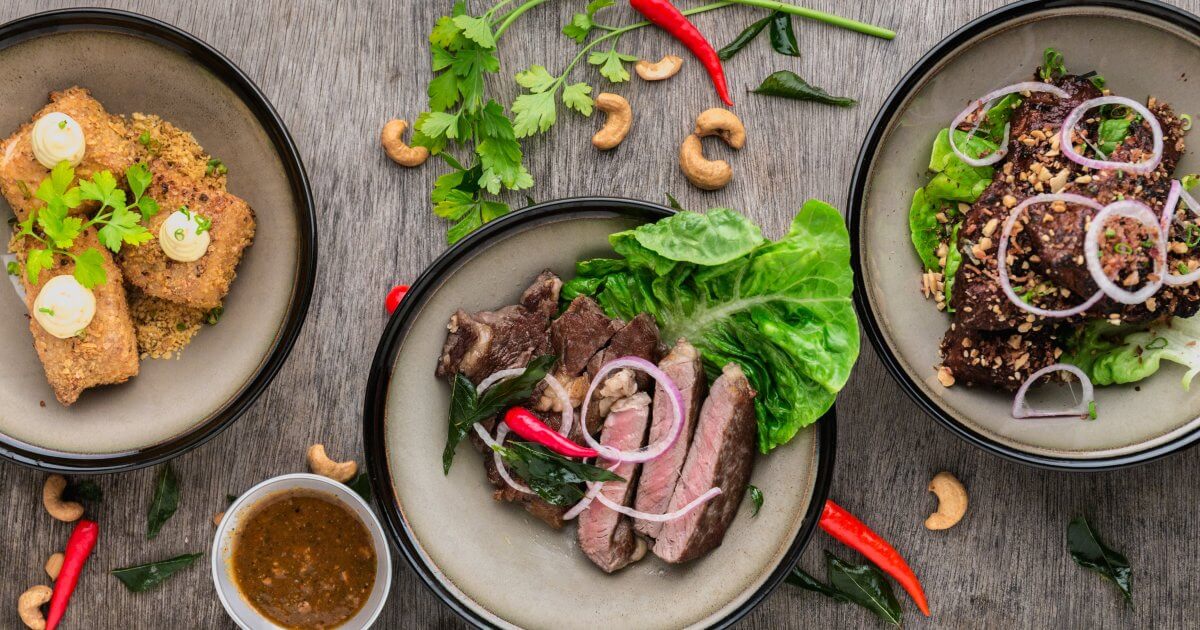Considering going keto in 2020? The ketogenic diet has been touted as having amazing health benefits — from weight loss to cancer prevention. However, like many fad diets, it’s important to realize that anecdotal evidence does not mean keto is a miracle cure.
RELATED: How Can Diet Affect My Cancer Risk?
Read More
Can Keto Be Used to Treat Cancer?
There is little evidence yet to suggest that keto can prevent or help treat cancer. While the diet is being studied as a lifestyle element to incorporate into treatment for a certain type of brain cancer, some of the foods given the OK by the keto diet have actually been linked to cancer risk. For example, processed meats — technically accepted in keto-land — have been found to increase the risk of developing several cancers. In a previous conversation with SurvivorNet, Dr. Stephen Freedland, director of the Center for Integrated Research in Cancer and Lifestyle at Cedars-Sinai, explained that while it’s perfectly OK to consume meat as part of your regular diet, the way we prepare the meat does matter. He recommends eating animals that are eating their natural diets — that means grass-fed steaks, free-range chicken and also wild-caught fish. And hold the bacon.“You want to ensure it’s not overcooked, because the way we process the meat and cook it and create those charred lines, that can actually cause cancer as well,” Dr. Freedland said. “Part of the problem is how we process the meat, how we cook the meat, what we eat with the meat. There probably is not a single right answer, but multiple paths to a healthy diet.”
Keto for Glioblastoma — Jury Still Out
There has been some research into how keto can be used as part of treatment for a specific type of brain tumor called glioblastoma, according to Cleveland Clinic Dietician Krista Maruschak.
“That type of tumor [glioblastoma], in particular, has a hard time running off of the byproducts of fat metabolism,” Maruschak said. “So the theory is that if you have a ketogenic diet, where you’re eating mostly fat and not a lot of carbohydrate, it may slow the growth of the brain tumor. Now, the research at this point is not very clear, and the research is still ongoing.”
This diet is certainly something patients with glioblastomas can try, Maruschak said, but it is not recommended for people will all different types of cancer.
What to Eat on Keto?
For those interested in using keto to lose weight, In a previous interview, we asked Cleveland Clinic Dietician Krista Maruschak to break down what a typical meal would look like for someone doing the ketogenic diet. She explained that getting all your needed vitamins and minerals, while keeping the carbs low, is the name of the game.
“A ketogenic diet, in terms of an actual meal, is going to look like having a good, lean protein source, such as a fatty fish or chicken, maybe some lean beef. You’ll start with that on your plate,” Maruschak said. “After that, you’re going to add in healthy sources of fat to bump up the fat in the meal, so things like olive oil, avocado, canola oil. Lastly, you’ll want to add some non-starchy vegetables onto your plate to really get the vitamins and the minerals and the phytonutrients there.”
A diet where you’re consuming more fat may seem counterproductive, but the idea is to get your body to use, and essentially burn, that fat by keeping the carbs low. Below is a list of “can” and “cannot” foods for anyone looking to try the keto diet.
Eat This on Keto
- Poultry (chicken, turkey)
- Red meat (beef, pork)
- Seafood (Salmon, sardines, tuna)
- Eggs
- Cheese
- Greek Yogurt
- Fatty oils (olive, avocado)
- Seeds (flax, chia, pumpkin)
- Nuts and nut butters
- Avocados
- Leafy greens and peppers
Avoid This on Keto
- Grains (rice, pasta, oatmeal)
- Beans and lentils
- Added sugars/sweeteners
- Sugary beverages
- Most fruits (apples, bananas, cherries)
- Starchy vegetables (peas, potatoes)
- Snack food (chips, pretzels)
- Most alcohol (wine, beer, cocktails)
Diet Information via Women’s Health
Learn more about SurvivorNet's rigorous medical review process.


